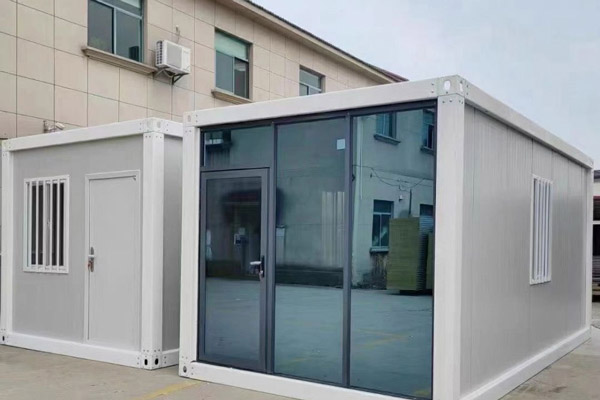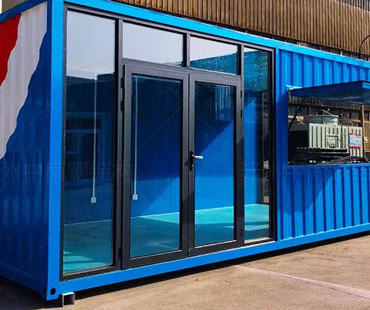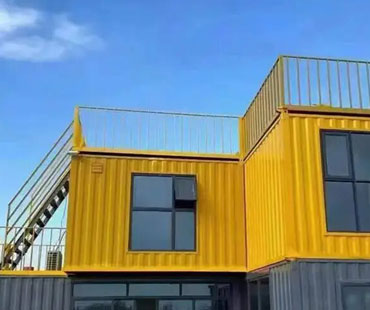In today's interconnected world, the role of containers in global trade cannot be overstated. These seemingly simple metal boxes have revolutionized the way goods are transported, making international commerce faster, more efficient, and more reliable than ever before. As the backbone of the global supply chain, containers serve as a vital bridge connecting producers and consumers across continents, fostering economic growth and cultural exchange.
The concept of containerization began in the 1950s, when American trucking entrepreneur Malcolm McLean introduced a standardized metal container that could be easily loaded onto ships, trucks, and trains. This innovation significantly reduced the time and labor involved in loading and unloading cargo. Prior to containerization, goods were transported in bulk, requiring extensive handling and storage, often leading to delays and increased costs. With the introduction of containers, the shipping industry underwent a transformation that laid the groundwork for the modern global economy.
Today, containers come in various sizes and types, including standard dry containers, refrigerated (reefer) containers for perishable goods, and specialized containers for oversized cargo. The standardization of container sizes—primarily the 20-foot and 40-foot containers—has further streamlined the logistics process, enabling seamless transfers between different modes of transport.
Containers have significantly enhanced the efficiency of global trade. The ability to stack containers on cargo ships and in ports maximizes space utilization, allowing vessels to carry more goods per trip. This optimization reduces shipping costs and transit times, making it economically viable to trade goods over long distances. In fact, the container shipping industry has been crucial in lowering the cost of goods globally, enabling consumers to access a wider variety of products at lower prices.
Moreover, the introduction of advanced technologies, such as tracking systems and automated handling equipment, has further improved the efficiency of container logistics. Real-time tracking allows companies to monitor their shipments at every stage of the journey, enhancing transparency and reducing the risk of loss or theft. Automation in ports has streamlined operations, reducing turnaround times and increasing throughput.

Containers have not only transformed the shipping industry but have also had a profound impact on global economic dynamics. They have enabled countries to specialize in production, leading to increased efficiency and competitiveness. For instance, nations with abundant resources can focus on exporting raw materials, while others may specialize in manufacturing finished goods. This division of labor fosters international collaboration and economic interdependence.
Furthermore, the rise of e-commerce has been significantly facilitated by containerization. As consumers increasingly rely on online shopping, the demand for efficient logistics solutions has surged. Containers enable the rapid movement of goods from manufacturers to consumers, supporting the growth of businesses that operate on a global scale.
Despite the numerous benefits containers bring to global trade, the industry also faces challenges. The COVID-19 pandemic exposed vulnerabilities in supply chains, leading to delays, increased shipping costs, and container shortages. Additionally, environmental concerns surrounding shipping emissions have prompted calls for more sustainable practices within the industry.
To address these challenges, the shipping industry is exploring various solutions, including adopting cleaner fuels, investing in energy-efficient vessels, and enhancing port infrastructure. Innovations such as digitization and the Internet of Things (IoT) are also being leveraged to improve operational efficiency and reduce environmental impact.
Containers have become an indispensable element of global trade, serving as a bridge that connects economies, cultures, and communities around the world. As the industry continues to evolve, embracing technological advancements and sustainable practices, containers will remain at the forefront of facilitating international commerce. Their impact on the global economy is profound, and as we look to the future, the role of containers in connecting the world will only grow more significant. Through continued innovation and collaboration, the shipping industry can navigate the challenges ahead, ensuring that containers remain a vital force in the dynamic landscape of global trade.


